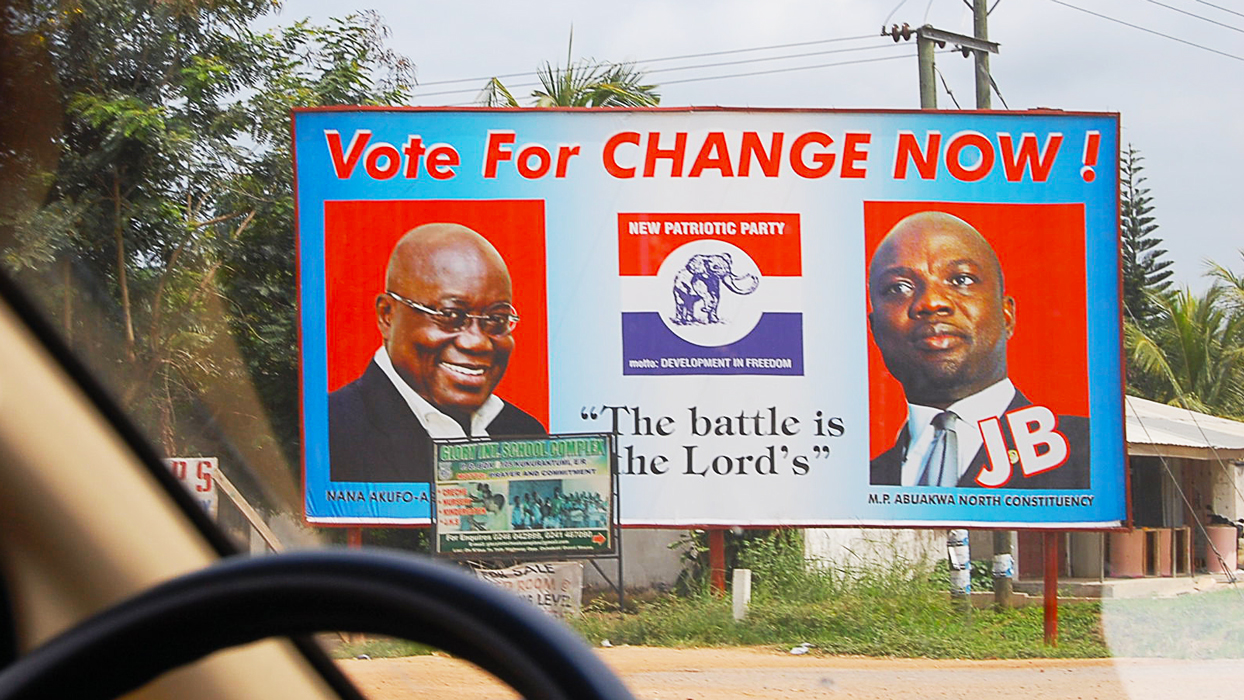Ghana’s upcoming presidential election, scheduled for December 2024, looms as a critical juncture that will test the government’s dedication to the economic reforms outlined under a $3 billion International Monetary Fund (IMF) bailout package. This pivotal vote, occurring midway through the three-year program, carries significant implications for the country’s economic trajectory. Abebe Selassie, the head of the IMF’s Africa Department, has emphasised the need to address Ghana’s historical challenges of election-related spending cycles, which have undermined public confidence in the country’s financial management.
The presidential election in Ghana serves as a litmus test for the government’s commitment to implementing the economic reforms agreed upon under the IMF bailout package. The success of these reforms is crucial for ensuring sustainable economic growth, attracting investment, and improving the overall well-being of the Ghanaian people. The election outcome will determine whether the government remains steadfast in its pursuit of fiscal discipline, transparency, and accountability.
Over the years, Ghana has experienced a recurring pattern of election-related spending cycles, which have posed significant challenges to the country’s economic stability. These cycles often involve increased government spending in the lead-up to elections, potentially straining public finances and undermining long-term economic sustainability. The IMF has highlighted the detrimental effects of such practices, which erode confidence in Ghana’s public accounts and hinder efforts to build a resilient and robust economy.
To address these concerns, it is imperative for Ghana to break free from the historical cycle of election-related spending. The government must demonstrate its commitment to maintaining fiscal discipline and adhering to the economic reforms outlined in the IMF bailout program. By doing so, Ghana can establish a credible and transparent economic framework that fosters trust among investors, businesses, and the general public.
The election serves as an opportunity for political leaders and candidates to articulate their vision for Ghana’s economic future. Voters will evaluate the proposed policies and reforms put forth by the candidates, assessing their feasibility, potential impact, and alignment with Ghana’s long-term economic goals. It is crucial for candidates to prioritize sustainable development, job creation, and inclusive growth while also addressing social and infrastructure challenges faced by the country.
Furthermore, the international community has a vested interest in Ghana’s electoral process and the country’s adherence to economic reforms. Partnerships, including the IMF, will closely monitor the election and its aftermath, assessing the government’s commitment to the agreed-upon economic agenda. Support from international stakeholders, combined with domestic efforts, can bolster Ghana’s economic prospects and help build a strong foundation for future prosperity.
As Ghana approaches its presidential election, it must prioritise the continuity of economic reforms, reinforcing fiscal discipline, and promoting transparent governance. By breaking free from the cycle of election-related spending, Ghana can enhance public trust, attract investment, and pave the way for sustained economic growth. The election presents an opportunity to consolidate progress, reaffirm the country’s commitment to economic stability, and chart a prosperous future for all Ghanaians.

